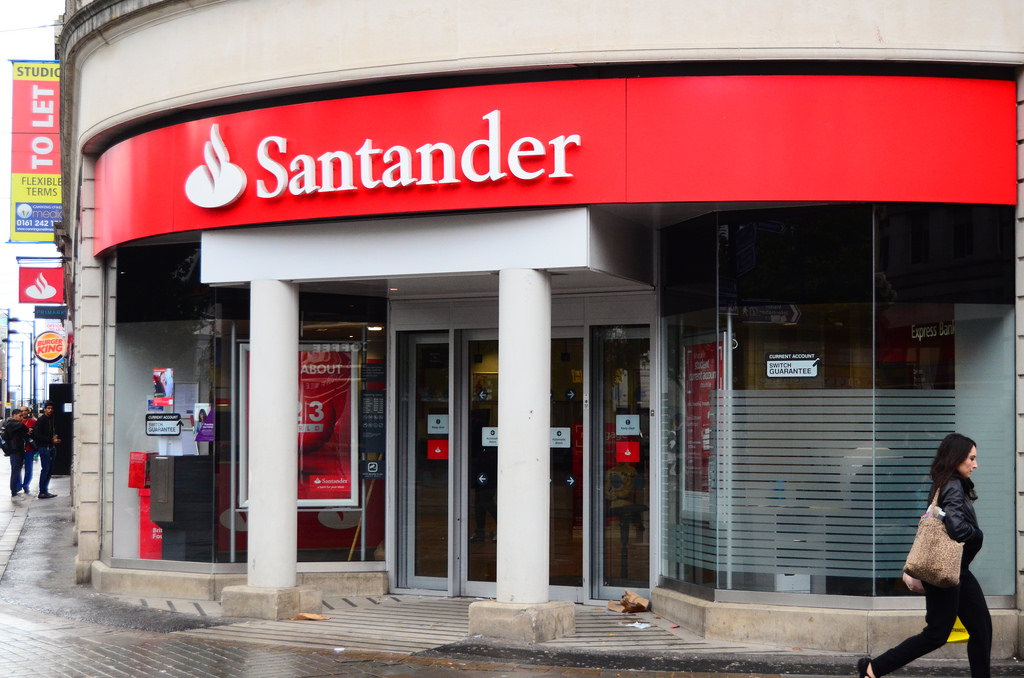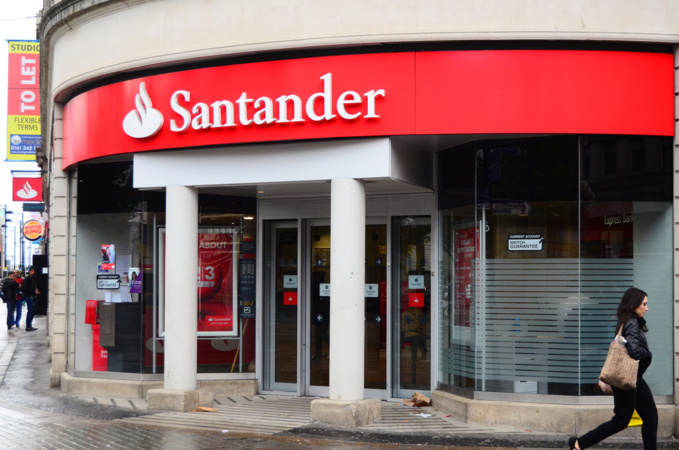Moreover, regulators require that Morgan Stanley bank provided a new investment plan by the end of the IV quarter of 2016. Yet, they said they do not object the capital investment plan.
The Fed’s statement was made on Comprehensive Capital Analysis and Review, which is the final result of an annual stress test consisting of two parts. The test is designed to assess Wall Street’s ability to respond adequately to the economic crisis. Only 3 of the 33 institutions oparticipated in the test received objections.
The Fed has questioned politics of these two banks for the second consecutive year. This time, the regulator’s objections concerned Santander Holdings USA and Deutsche Bank Trust, the bank’s unit for operations and wealth management in the United States.
"Capital adequacy of Deutsche Bank Trust Corporation has never been questioned - said Bill Woodley, Head of DB USA and Deputy Executive Director of Deutsche Bank Americas. - We appreciate the Federal Reserve’s recognition of our success, and we will put into practice the lessons to improve our capital planning received this year."
American division of Santander Bank has received objections from the Federal Reserve back in 2014. The bank’s top manager said that "serious deficiencies remain in a number of areas."
Such stress tests were taken during the 2008 global financial crisis in order to determine ability of the largest banks to respond to economic and market complexity.
"For the six years of use of CCAR tests, participating companies have strengthened their positions and improved ability of risk management - said Daniel Tarullo, a member of the Board of Governors of the Federal Reserve System. -Progress in these areas will increase stability of the largest banks in the country."
The first portion of the stress test, announced last week, was aimed at checking whether large banks have enough capital to survive in conditions of economic instability. All 33 tested banks passed the exam.
Next, the Fed announced that it has no objections to investment plans of the following organizations: Ally Financial, American Express, BancWest, Bank of America, BMO Financial, BB & T, BBVA Compass Bancshares, Bank of New York Mellon, Capital One, Citigroup, Citizens Financial, Comerica, Discover Financial, Fifth Third Bancorp, Goldman Sachs, HSBC North America Holdings, Huntington Bancshares, JPMorgan Chase, Keycorp, M & T Bank, MUFG Americas Holding, Northern Trust, PNC Financial Services, Regions Financial, State Street, SunTrust, TD Group US Holdings, US Bancorp, Wells Fargo and Zions.
M&T Bank complied with the minimum number of requirements after providing its amended investment plan, the Fed said in the statement.
This means that these companies can continue to pay dividends and buy back shares. This actions are dependent on the regulator’s approval, issued on the results of annual inspections.
source: ft.com
The Fed’s statement was made on Comprehensive Capital Analysis and Review, which is the final result of an annual stress test consisting of two parts. The test is designed to assess Wall Street’s ability to respond adequately to the economic crisis. Only 3 of the 33 institutions oparticipated in the test received objections.
The Fed has questioned politics of these two banks for the second consecutive year. This time, the regulator’s objections concerned Santander Holdings USA and Deutsche Bank Trust, the bank’s unit for operations and wealth management in the United States.
"Capital adequacy of Deutsche Bank Trust Corporation has never been questioned - said Bill Woodley, Head of DB USA and Deputy Executive Director of Deutsche Bank Americas. - We appreciate the Federal Reserve’s recognition of our success, and we will put into practice the lessons to improve our capital planning received this year."
American division of Santander Bank has received objections from the Federal Reserve back in 2014. The bank’s top manager said that "serious deficiencies remain in a number of areas."
Such stress tests were taken during the 2008 global financial crisis in order to determine ability of the largest banks to respond to economic and market complexity.
"For the six years of use of CCAR tests, participating companies have strengthened their positions and improved ability of risk management - said Daniel Tarullo, a member of the Board of Governors of the Federal Reserve System. -Progress in these areas will increase stability of the largest banks in the country."
The first portion of the stress test, announced last week, was aimed at checking whether large banks have enough capital to survive in conditions of economic instability. All 33 tested banks passed the exam.
Next, the Fed announced that it has no objections to investment plans of the following organizations: Ally Financial, American Express, BancWest, Bank of America, BMO Financial, BB & T, BBVA Compass Bancshares, Bank of New York Mellon, Capital One, Citigroup, Citizens Financial, Comerica, Discover Financial, Fifth Third Bancorp, Goldman Sachs, HSBC North America Holdings, Huntington Bancshares, JPMorgan Chase, Keycorp, M & T Bank, MUFG Americas Holding, Northern Trust, PNC Financial Services, Regions Financial, State Street, SunTrust, TD Group US Holdings, US Bancorp, Wells Fargo and Zions.
M&T Bank complied with the minimum number of requirements after providing its amended investment plan, the Fed said in the statement.
This means that these companies can continue to pay dividends and buy back shares. This actions are dependent on the regulator’s approval, issued on the results of annual inspections.
source: ft.com



















